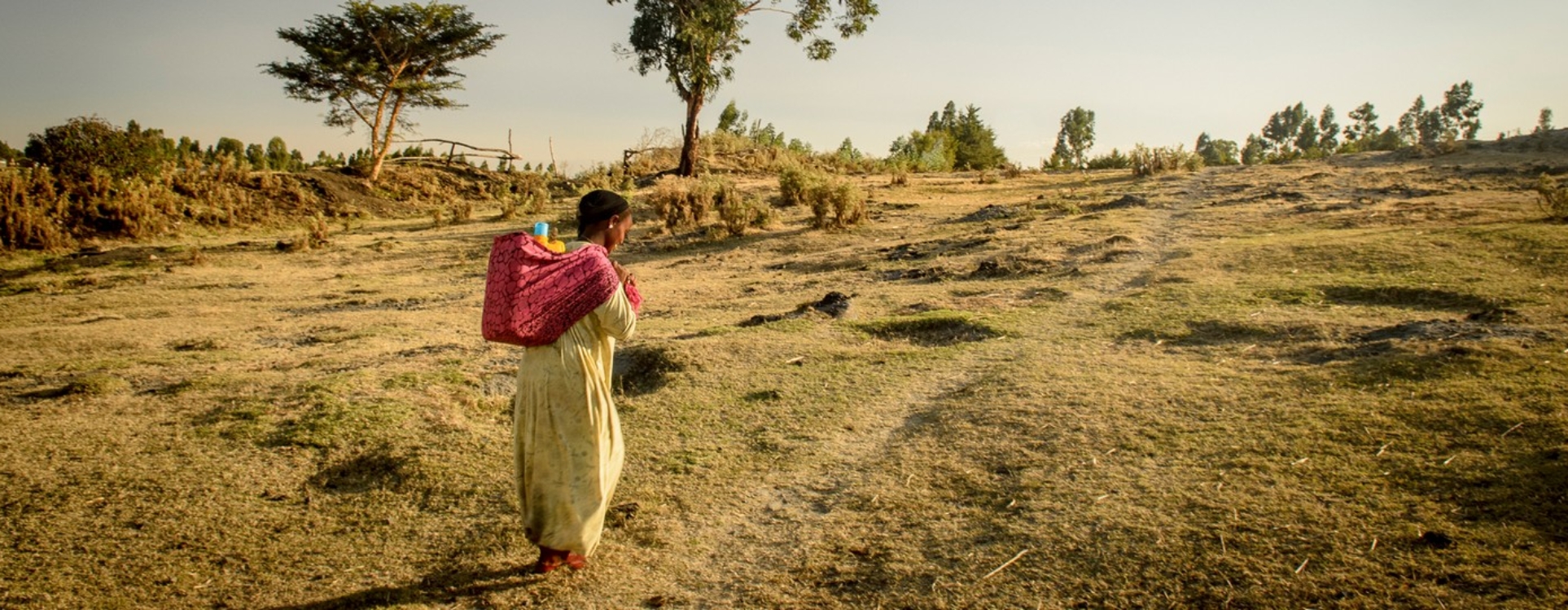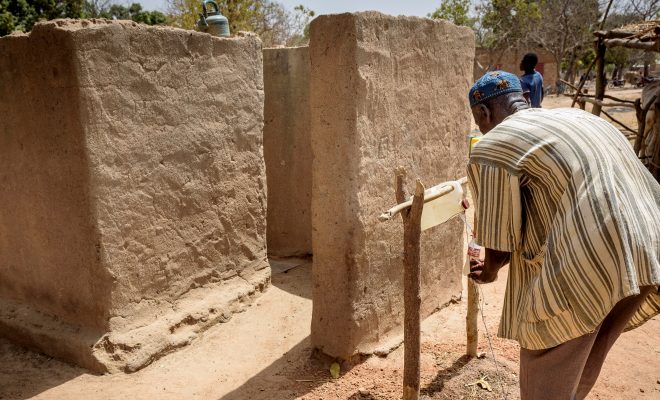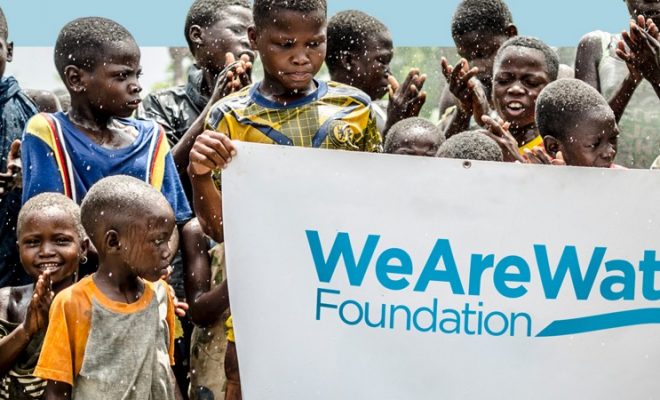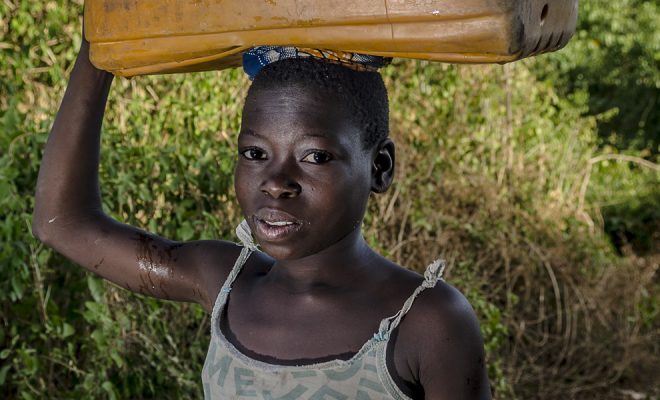In 2011, when we started one of our first projects in the Ethiopian region of Oromia, water availability per capita was high. However, almost 50% of the population relied on water without any guarantee of safety. Poor sanitation in the villages, where 50% of the population used latrines and overloaded deteriorated cesspools, and 40% practised open defecation, was a constant source of faecal contamination in surface waters and the groundwater that fed the wells. The rate of illness and death among the farming communities was high; even livestock became ill due to water contamination.
The paradox was that potable water was there in abundance. Our work was to facilitate access to aquifers with proper wells and establish an educational program for hygiene development. More than 50,000 people gained access to potable water, diseases dropped drastically, and women were freed from the burden of fetching water.
In 13 years of work, in nearly all of the 96 aid projects we have carried out, water access has been an intrinsic part of the success, and in 69 of them, it is a specific goal to save lives and lay the foundation for eradicating poverty.
More than 2.7 million people worldwide have benefited from our assistance in well-digging, the construction of small reservoirs, ecological restoration of watersheds, the acquisition of hydrological and climate knowledge, and improved irrigation techniques. For most of them, as in Ethiopian Oromia, the basic method has been to develop extraction and supply infrastructures, protect water from contamination, and provide the knowledge for proper resource management through educational programs.
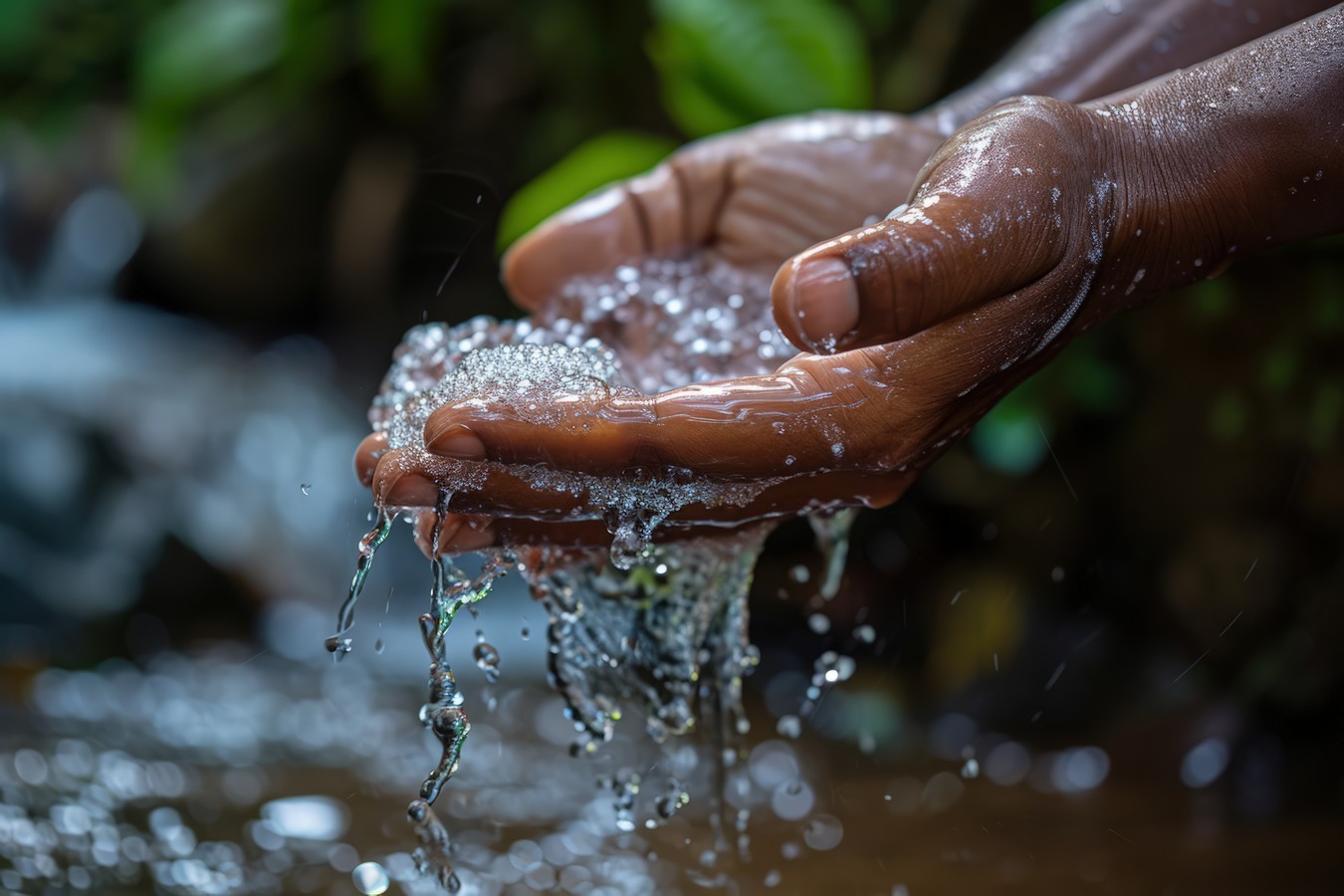
While freshwater availability remains stable in several regions of the world, its potability is decreasing in many others.
Beyond Droughts: The Dire Lack of Wastewater Treatment
Droughts, exacerbated by climate change, are a dramatic and lethal stressor for many communities, but water contamination and the deterioration of supply infrastructure are chronic problems that persist without effective solutions in much of the world.
The latest UN report on SDG 6 highlights the slow progress in the treatment of industrial and domestic wastewater, worsened by the worrying lack of reliable data. In 2022, 73 countries reported on their total wastewater management (industrial and domestic); of these, only 76% received some form of treatment. Only 42 countries specified treatment levels; overall, just 60% of processes were effective (at least secondary treatment) to ensure a safe return to the environment. Thus, data from 120 UN member countries is missing.
Regarding domestic wastewater, 140 countries reported that 58% received safe treatment. However, trends show that little to no progress is being made toward the goal of halving the proportion of unsafe discharges by 2030.
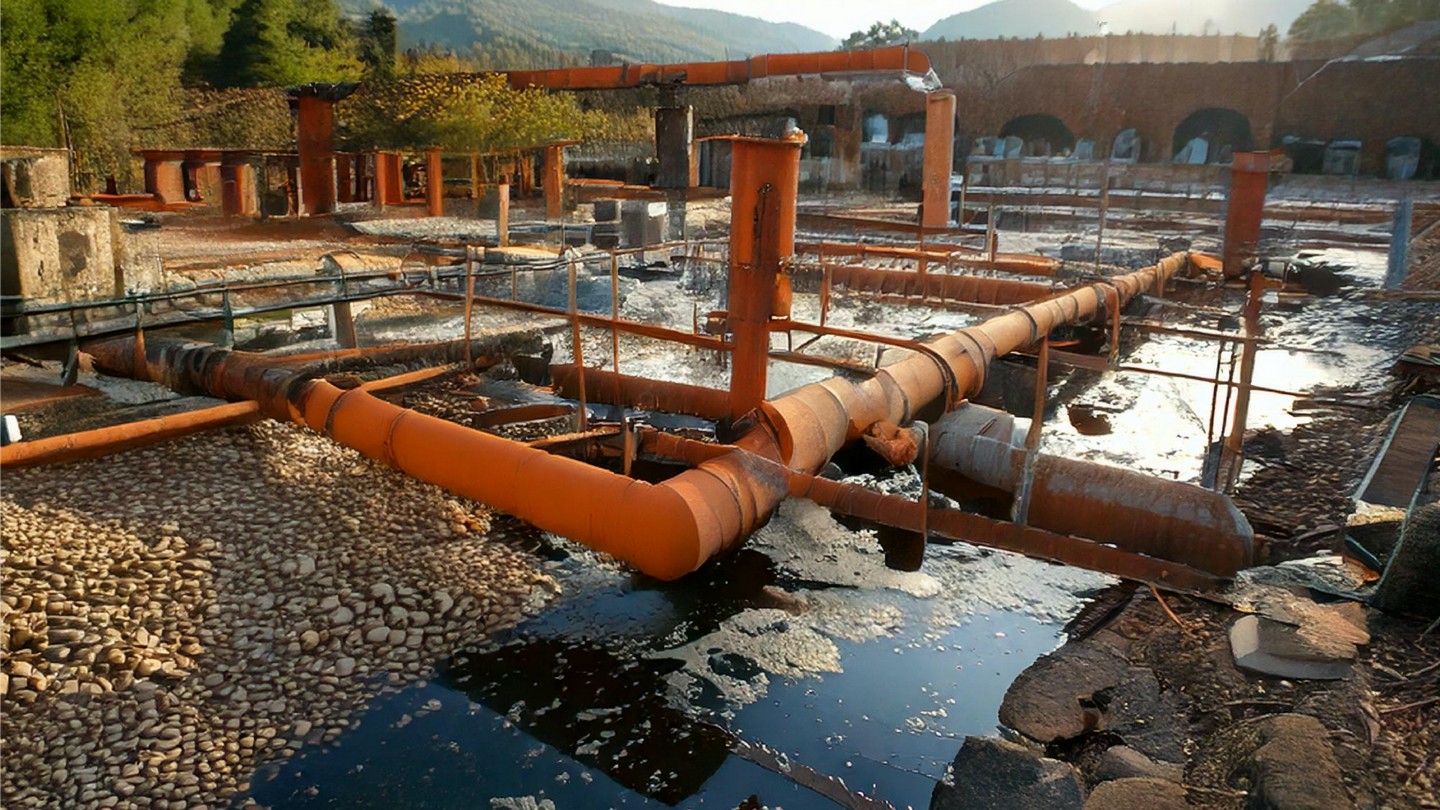
The deterioration of supply infrastructure and setbacks in sanitation are critical factors in this crisis.© Adobe firefly
Lack of Data, and Credibility: Cooperation is Crucial
The large gaps in monitoring and reporting, particularly in low-income countries, result in a confusing global picture. This is also a problem concerning the condition of supply facilities.
The 96 projects we have carried out have allowed us to experience firsthand the water and sanitation issues in 38 countries. Frequently, the reality of small communities contrasts significantly with the overall context presented by central government reports. This divergence is often caused by overly bureaucratic statistical systems vulnerable to political manipulation. The NGOs we collaborate with have repeatedly denounced this disparity.
Water quality is perhaps the most urgent global health problem we face. According to the World Bank, diarrhoea is one of the leading causes of death among children under five years old, and approximately 88% of these deaths are attributed to problems related to water, sanitation, and hygiene. Cholera affects the most vulnerable populations in 47 countries, and typhoid fever, particularly its drug-resistant strains, underscores the importance of improving sanitation and hygiene.
The lack of reliable data hinders any progress in international cooperation and discourages necessary investments, both public and private. This information deficiency generally goes beyond the state of water quality and condemns to invisibility those suffering the worst consequences of rural poverty pockets; it hides gender inequalities, which in water access are severe and block the empowerment of women, who are often the most invisible in official data.
There is a lack of investment in monitoring infrastructure in the form of sensor networks to obtain real-time information on the state of water bodies. Citizen science initiatives involving the local population in data collection and reporting can be a highly effective incentive. It is also necessary to ensure the data is accessible, verifiable, and publicly available.
The UN insists that the solution lies in fostering collaboration and dialogue between central governments, local authorities, and NGOs working in the most deprived areas to map out the real problems. Our experience in Burkina Faso, where we collaborated with UNICEF, the communities, and the Ministry of Water and Sanitation to eradicate open defecation in Sissili province, is a testament that cooperation, based on local reality, is the foundation for any progress.
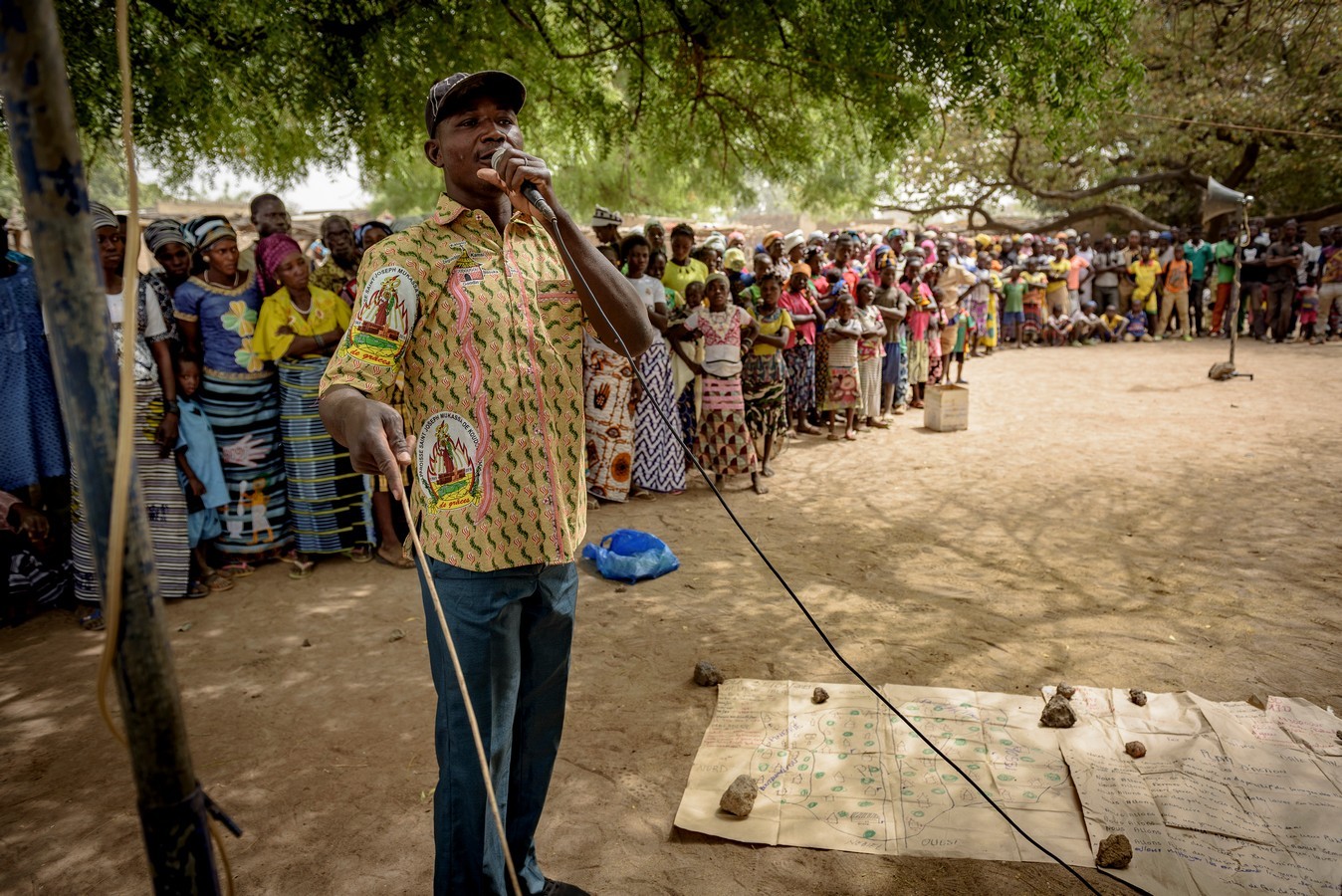
Our experience in Burkina Faso, where we collaborated with UNICEF, the communities, is a testament that cooperation, based on local reality, is the foundation for any progress. © Carlos Garriga/WAWF


